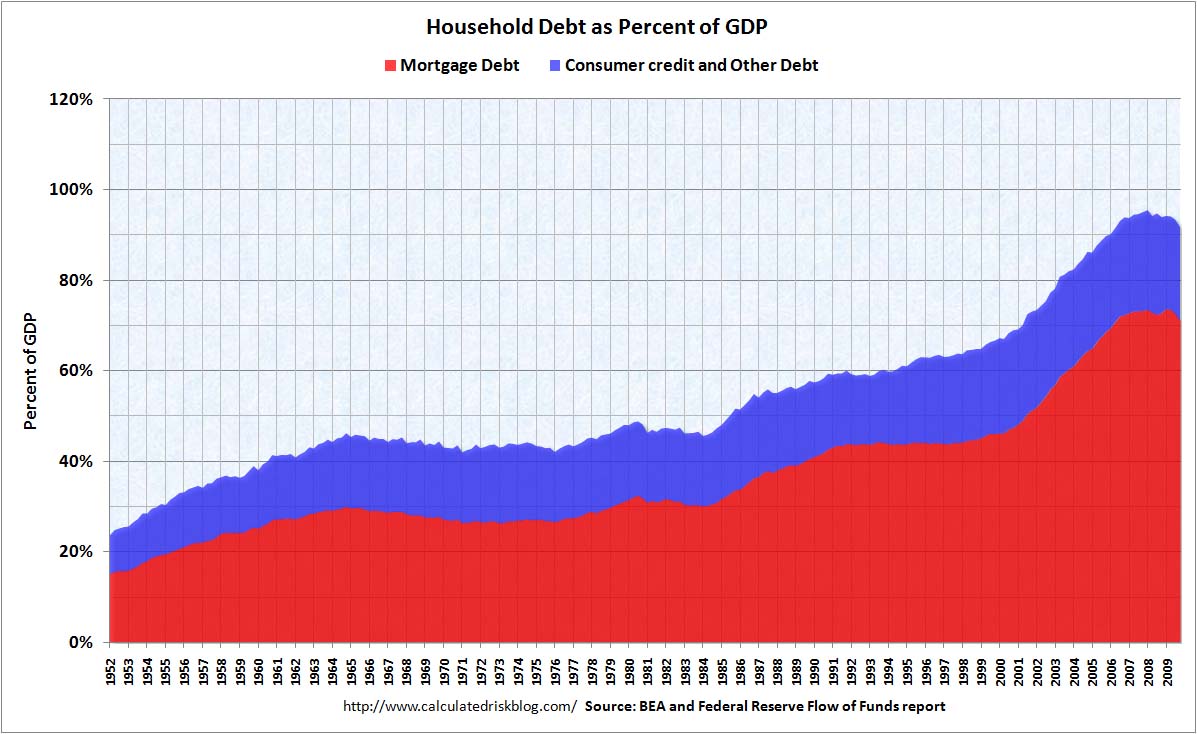 |
| The Lincoln Highway Seen by Kass and Eric Mencher |
We in the "New World" have a handicap in that our entire history has been one of exploiting natural resources. "Go west young man..." is embroidered on our society's genes in orange thread.
The reason one could (and was expected to) "lift themselves up by the bootstraps" was the existence of vast tracts of virgin territory containing timber and mineral ores and ancient fertile soils and of course coal and oil and gas - all there for the taking, just a short ride off toward the sunset.
Of course we're currently burning through those gifts like the lottery winnings they are, but we've convinced ourselves it is us that is special, when it reality it was only blind luck that put us in the right place at the right time and the right color and (usually) the right sex. In other words, we were 'Born on third base and thought we'd hit a triple' – to mix metaphors.
As we subdivided and privatized and populated and mined the commons, "growth" was inevitable and so a "growth economy" made sense. The role of government was small since there was a huge surplus to go around and that always makes governing easier. Until, that is, the early period of industrialization when the production of "capital" wealth outran the ability (and will) of government to protect the populace from the rapidly concentrating power wielded by monopolists.
Teddy Roosevelt and the "Trust Busters" interrupted the march of the industrialists for a time but by the "Roaring Twenties" the wealthy overclass once again had money to burn - and gamble. They inflated another speculative bubble in commodities and the stock market that even the little guy eventually tried to ride. Of course when the little guy gets on board you better know it's time to get off - think real estate in 2005.
During the depression, income taxes on the rich were raised and the ensuing fifty years saw the most uniformly prosperous time in US history. Everyone prospered, the owners made money and the workers shared in the success. Unfortunately the political tides of the last 40 years have shifted and the citizenry duped into believing if you let wealth concentrate, eventually some will "trickle down" - contrary to past experience. As a result, wealth is concentrated more than at any time since the great crash of '29, the "rights" of corporations are judged to be protected by the Constitution and more and more, control of the very essentials of survival; food, shelter, heat and even water are being privatized, purchased and controlled by corporations simply because that's all that's the only place left for them to spend their vast cash reserves.
Our whole system is based on the government loaning money into the economy at interest. That interest has to come from somewhere and the somewhere is "growth". The problem of course is there can be no growth without the availability of cheap raw materials, the gold-nuggets-as-big-as-your-fist-just-waiting-to-be-picked-up and of course most other minerals, the big stands of timber, tall-grass prairies, endless fisheries, easy fossil fuels... are all gone or going fast.
There is no "west" left... it's all private property now...
 |
| NEAR THE LINCOLN HIGHWAY TERMINUS, SAN FRANCISCO by Kass and Eric Mencher |




























.jpg)


















